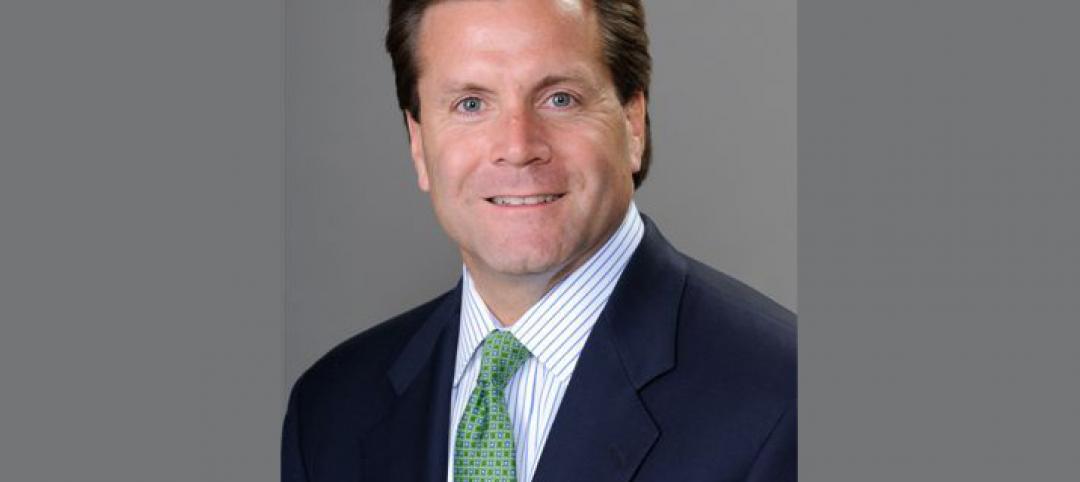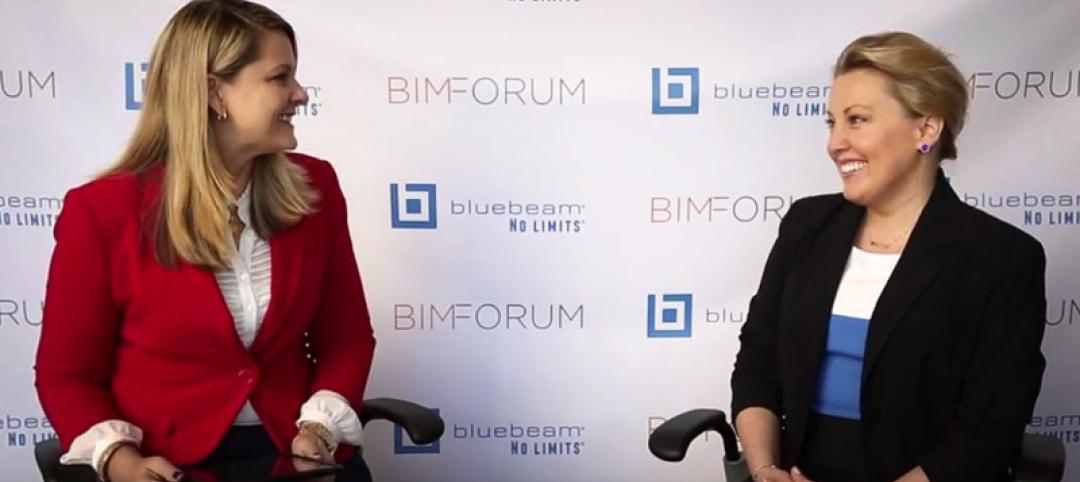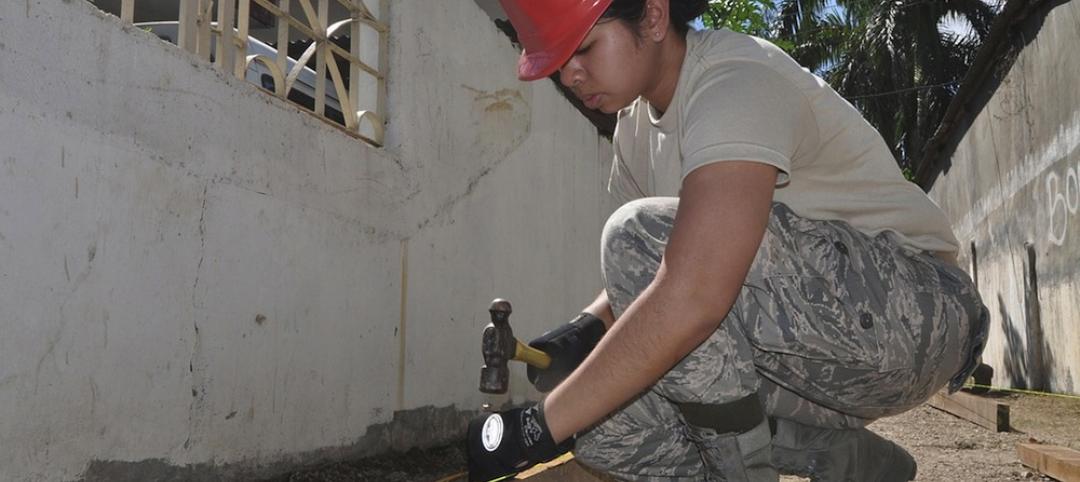After completing its first supertall building, 111 W 57th Street in New York, developer PMG is now preparing for the groundbreaking of the first supertall in Miami: Waldorf Astoria Miami. Recently, several other supertalls have been proposed for the city, such as Major and One Brickell City Centre.
On Biscayne Boulevard, Waldorf Astoria Miami will stand 100 stories and 1,049 feet high, surpassing the supertall minimum of 984 feet (300 meters). The tower’s concept design—which will feature nine spiraling, offset glass cubes—is led by Sieger Suarez Architects, in collaboration with architect Carlos Ott. The developers also partnered with interior design firm BAMO.
The property will comprise 360 private residences with a starting list price of $1 million, in addition to guestrooms and suites within the five-star hotel. Residential amenities will include an owners-only lobby and lounge, hospitality suite for chef’s tastings and private gatherings, billiard room, kids’ club, and private pool deck. The residences will offer smart-home technology with custom mobile app access to concierge service. The app will connect to dining reservations, 24/7 room service, spa and fitness treatments, house car reservations, valet service, package delivery service, and dog walking services.
PMG joins development partners Greybrook Realty Partners, Mohari Hospitality, S2 Development, and Hilton to build the first supertall tower in Florida and the tallest residential building south of New York. Waldorf Astoria Hotel & Residences Miami is expected to break ground in summer 2022, with completion slated for 2026.
Building Team:
Developer: PMG
Development partners: Greybrook Realty Partners, Mohari Hospitality, S2 Development, and Hilton
Conceptual artist: Carlos Ott
Architectural partnership: Sieger Suarez Architects
MEP engineer: MG Engineering
Structural engineer: CHM Structural Engineers
Engineer: GRAEF
General contractor: John Moriarty and Associates


Related Stories
Sponsored | Building Team | Nov 2, 2015
Recruiting for cultural fit
Hiring for culture fit doesn’t mean hiring people who are all the same
Building Team | Oct 28, 2015
Steven R. Zirkel named president of Metl-Span
Metl-Span announced that Steven R. Zirkel has joined the company as the new president. Metl-Span is an industry leader in providing insulated metal panel products for increasing usage in institutional, commercial, industrial and cold storage markets.
BIM and Information Technology | Sep 14, 2015
Is Apple's new iPad Pro a game changer for architects?
A stylus, split screen, and improved graphics make designing on the tablet easier.
Sponsored | Building Team | Aug 25, 2015
9 characteristics that distinguish leading A/E firms
By analyzing the “benchmark firms” selected from its annual surveys, PSMJ has identified several characteristics that distinguish top performers
Office Buildings | Aug 24, 2015
British company OpenDesk offers open-sourced office furniture
Offices can “download” their furniture to be made locally, anywhere.
Sponsored | BIM and Information Technology | Aug 20, 2015
Part II - Will BIM Work as a Deliverable? A Legal Perspective on BIM
Having the right counsel on your team can be the difference between long drawn-out negotiations and breaking new ground to meet the owner’s needs.
Sponsored | Building Team | Aug 20, 2015
Understanding the values and aspirations of millennials
A recent LinkedIn workplace survey revealed that millennials (defined as individuals aged 18–24) are quite different from boomers (those aged 55–65)
BIM and Information Technology | Aug 17, 2015
Reimagined cursors can change digital imaging
A University of Montreal professor has developed a system that elevates 2D cursors for a 3D world.
Building Team | Aug 17, 2015
One female contractor gets vocal about urging women to consider construction as a career
Doreen DiPolito of Florida’s D-Mar General Contracting thinks opportunities abound in an industry struggling with worker shortages.
Sponsored | Building Team | Aug 11, 2015
How to improve project planning
A recent research project revealed that more than 75 percent of project owners have no consistent method for assessing project risks and setting budget contingencies.

















